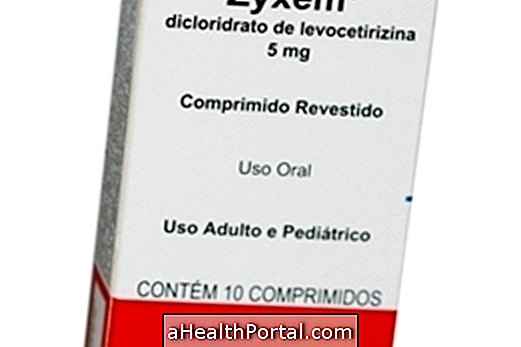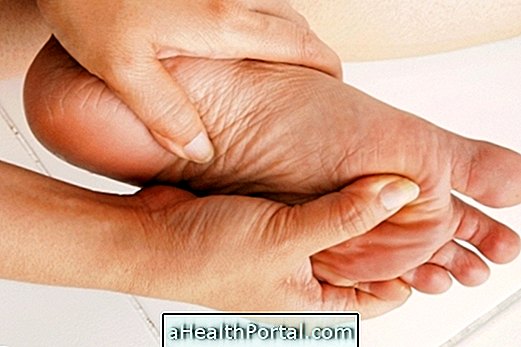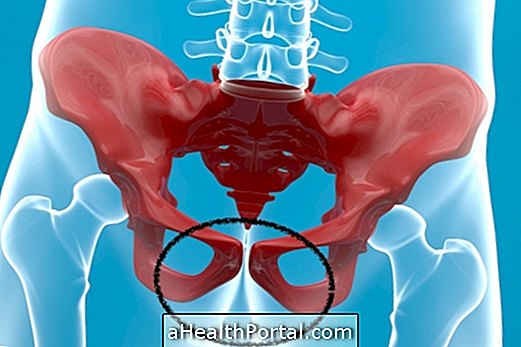Phencyclidine (PCP) was developed in the late 1950s to be used as an anesthetic, but its legitimate medical use of PCP was discontinued in 1962 because of its side effects (severe anxiety, delusions and psychoses ).
Symptoms
Phencyclidine depresses the brain and users often become confused and disoriented shortly after consumption, in addition to losing their sensitivity to pain. Salivation and perspiration may increase, as well as blood pressure and heart rate. Muscle tremors are common.
Side effects
Very high doses of phencyclidine cause hypertension, often leading to strokes, auditory hallucinations, seizures, high fever, coma, and possibly death.
Chronic PCP consumption can damage the brain, kidneys and muscles. Users who are also schizophrenic are more likely to become psychotic for days or weeks after consuming PCP.
Treatment
Gastric lavage may be performed, as well as medicaments that accelerate the excretion of PCP from the body. Users are placed in a quiet room to relax, although blood pressure, heart rate, and respiration are continuously monitored and a tranquilizer can be given.






















